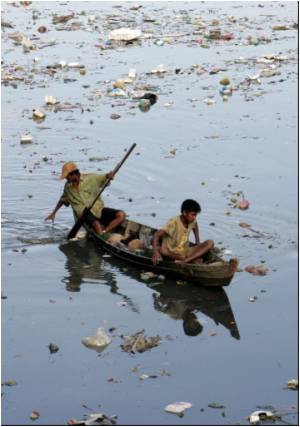
The military lets civilians bear the consequences of its fight with minority rebels in the country -- also known as Burma -- through insufficient investment in healthcare, conflict and humanitarian abuses, it said.
Child mortality rates are nearly double the official national figure, while maternal mortality is three times as high, according to the study by groups including the Back Pack Health Worker Team and Burma Medical Association.
"Health indicators for theses communities, particularly for women and children, are worse than Burma's official national figures, which are already amongst the worst in the world," the report found.
It warned that "widespread human rights abuses" against ethnic civilians and a "blockade of international humanitarian access" meant premature deaths would continue.
Abuses such as forced labour and the destruction of food are driving poverty, migration, sickness and premature death, Sriprapha Petcharamesree, a rights expert at Mahidol University in Thailand, wrote in the report.
Advertisement
Violence was described as "endemic" in the areas -- which include places where ethnic rebel groups such as the Shan State Army and the Karen National Liberation Army operate -- and accounted for 2.3 percent of deaths.
Advertisement
"Measures are needed now to address this chronic crisis," Sriprapha said, calling for Myanmar and the international community to take action.
Community groups aim to provide healthcare in the absence of state provision, but these are severely hampered by conflict, the displacement of hundreds of thousands of people and lack of resources.
The report was based on data collected in interviews with 5,754 households in the areas of Shan, Mon, Kayin, Tanintharyi, Kayah and Bago between October 2008 and January 2009.
Source-AFP










